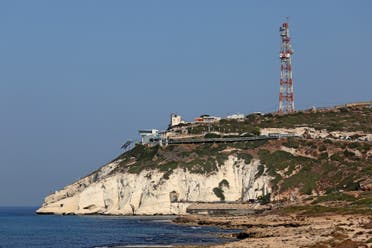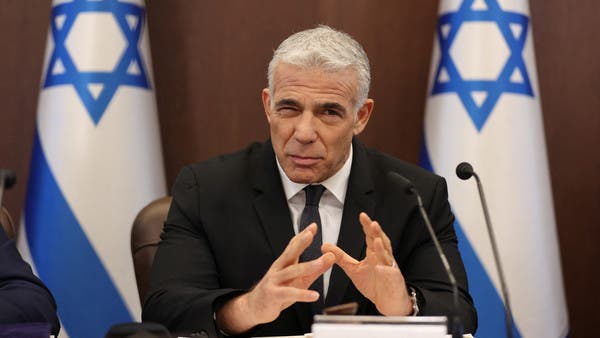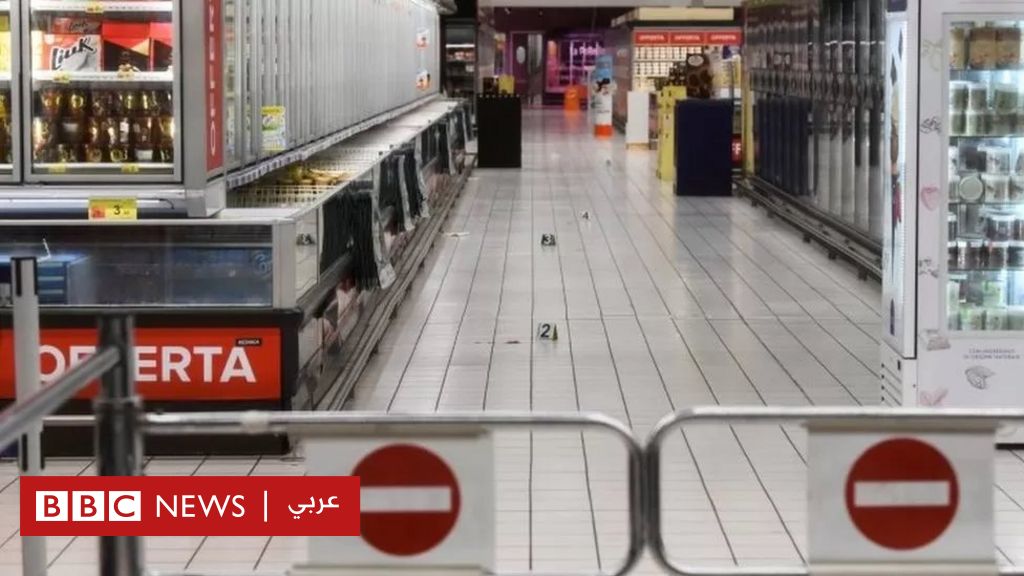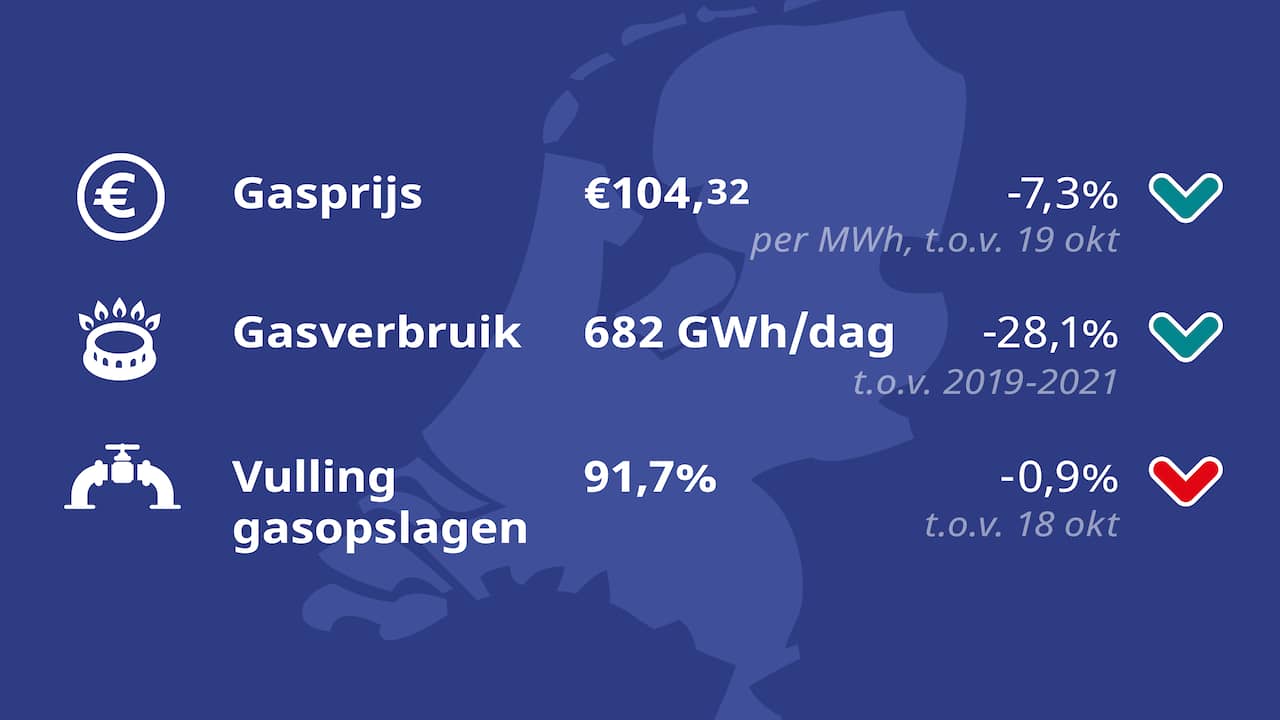After signing each Agreement on the demarcation of the maritime border between Lebanon and Israel Yesterday, between the two countries, with American mediation, Israeli Prime Minister Yair Lapid reiterated that this agreement is historic.
He believed the deal dealt a “hard blow” to Hezbollah and twisted his arm, especially since the name of Israel was mentioned dozens of times in it.
“We have an agreement in which the name of the state of Israel has been mentioned more than 20 times, this is a major blow to Hezbollah,” he said in an interview with the Jerusalem Post newspaper today, Friday, adding that the Iran-funded party was not at all happy with it, but was forced to do so. He accepted because he had no choice.
I have the arm of Hezbollah
He also added: “Lebanon was in dire need of it, and so we were able to twist Hezbollah’s arm and push it to do something it wouldn’t do.”
Furthermore, he added, opposition claims that he would have given in too much to a Hezbollah-controlled state or acted undemocratically by not bringing the deal to the Knesset vote are unfounded. He stressed that “everyone, from the Council of Ministers to the Supreme Court, has accepted the demarcation agreement”.
From the Lebanese-Israeli border (AFP)
Lie and deceive Iran
As for Iran, he saw that “lies and deceit” are the main tool of Iranian politics.
He explained that he was careful not to make public statements about the recent protests in Iran, “so that the authorities would not use them against the protesters”.
For his part, the US mediator in the negotiations for the demarcation of the maritime border between Israel and Lebanon, Amos Hochstein, defined the demarcation agreement between the two countries as “historic”, noting in his Twitter account that the agreement helps to strengthen security and stability in the region.
The Lebanese and Israeli delegations yesterday signed the agreement in the border area of Ras al-Naqoura in southern Lebanon, in the presence of the American mediator, Amos Hochstein, while the Israeli government spokesman Ofir Gendelman considered this step an explicit recognition of his country.
It wasn’t easy
It is interesting to note that reaching this consensus was not an easy thing, as the negotiations started in 2020 stumbled several times, before accelerating from the beginning of June following the arrival of a production and storage vessel near the Karish field, which Lebanon considered to be in a disputed area. .
But with the new agreement, the Karish camp has become completely on the Israeli side, while the Qana camp, which goes beyond the dividing line between the two sides, has been annexed to Lebanon.

From the Lebanese-Israeli border (AFP)
Block 9, where the Qana field is located, will be an important exploration area of France’s Total and Italy’s Eni, which have been awarded contracts for oil and gas exploration.
But despite the deal, many experts believe Lebanon is still a long way from extracting oil and gas resources and that it could take five to six years.
While the Lebanese authorities are counting on the presence of natural resources that would help overcome the catastrophic repercussions of the economic collapse that the country has been witnessing for three years, and the World Bank ranks it among the worst in the world since 1850, especially because over 80% of the Lebanese is below the poverty line, while the Lebanese pound has lost more than 90% against the dollar.


